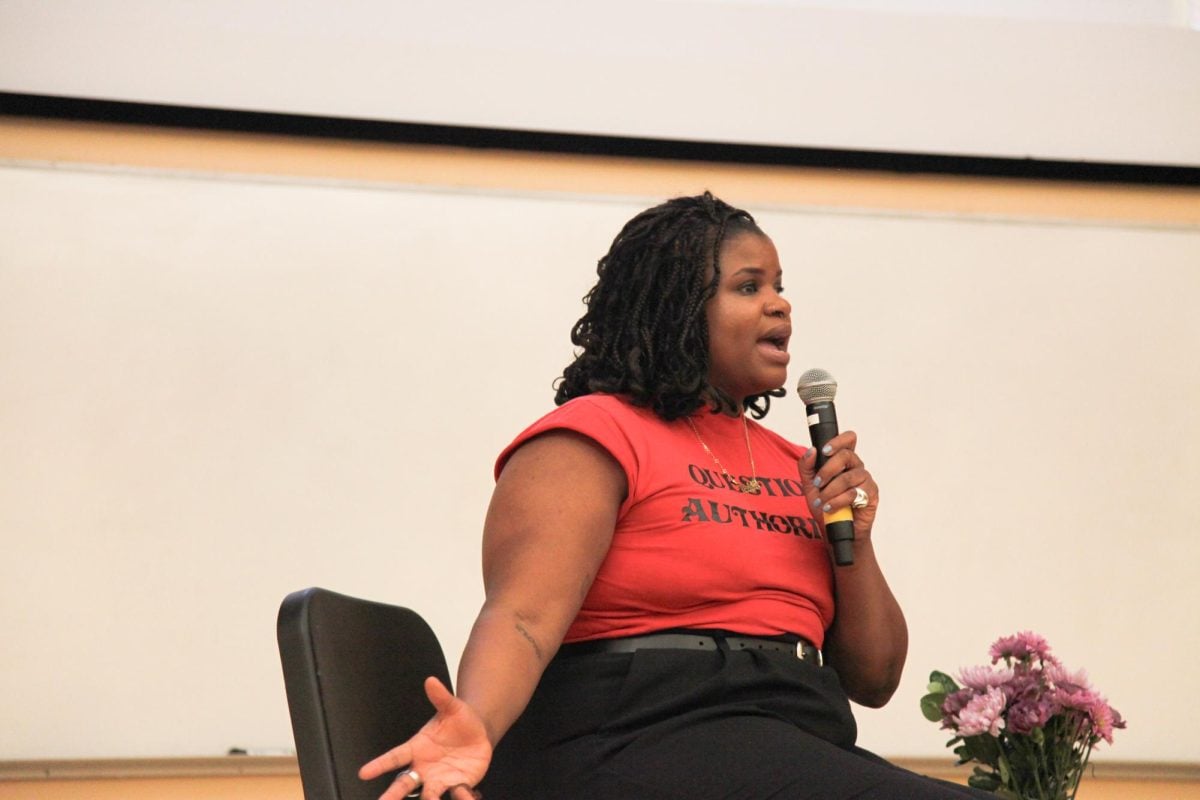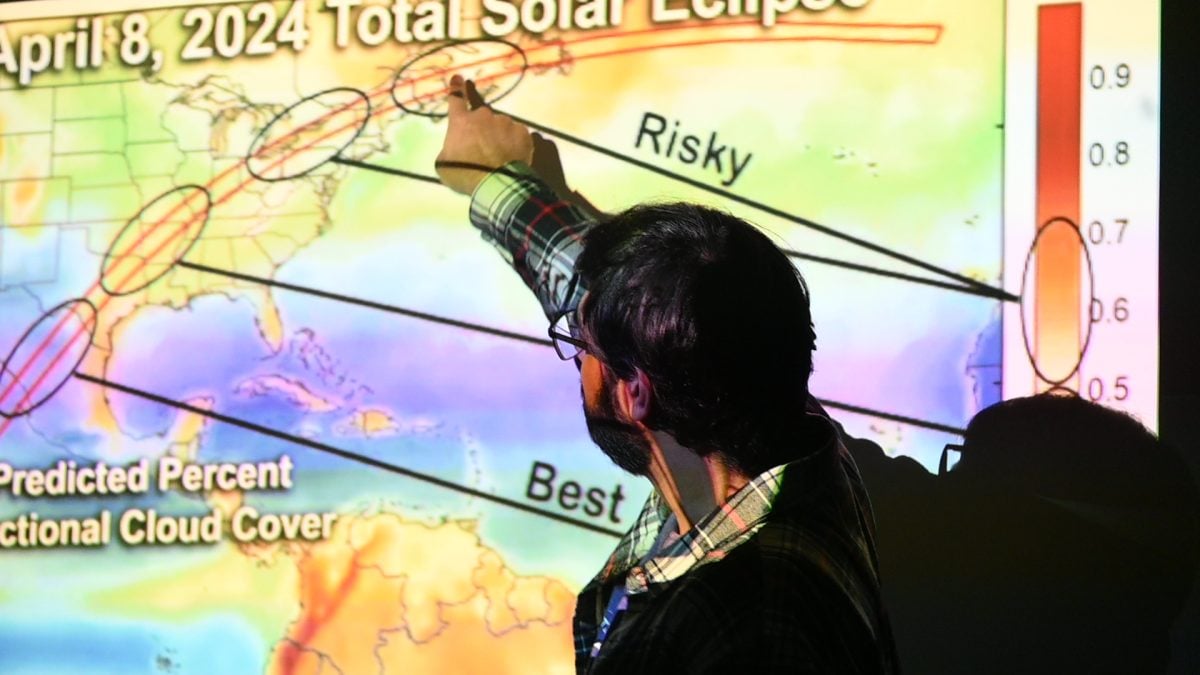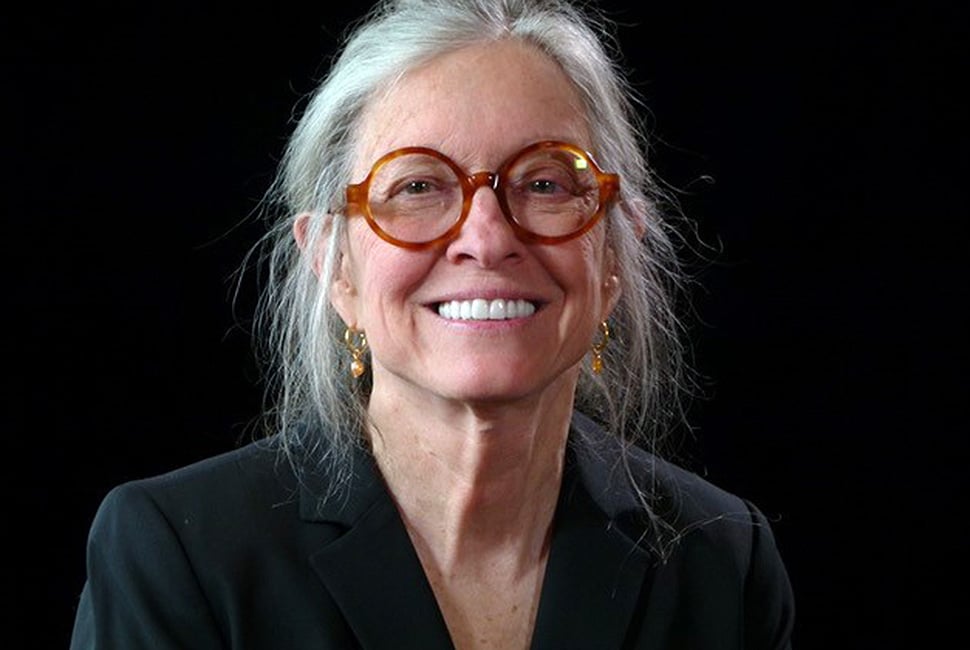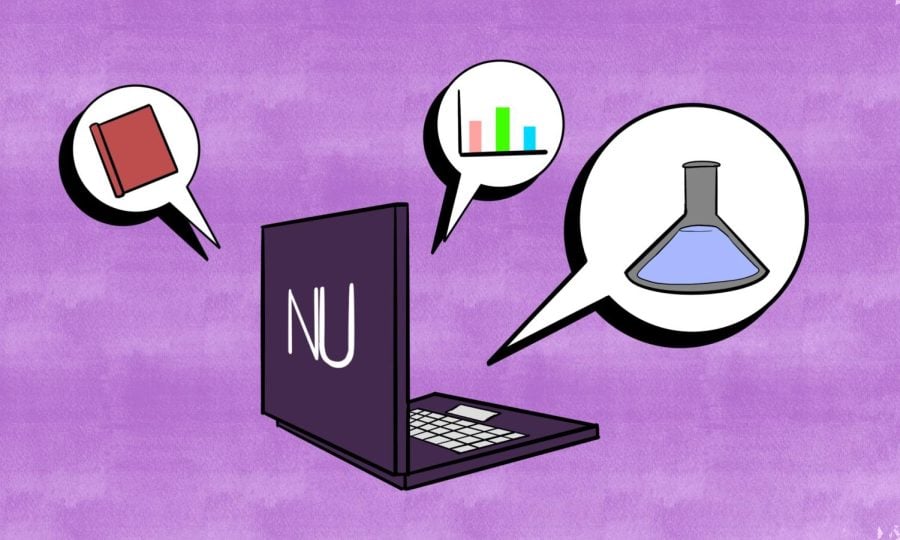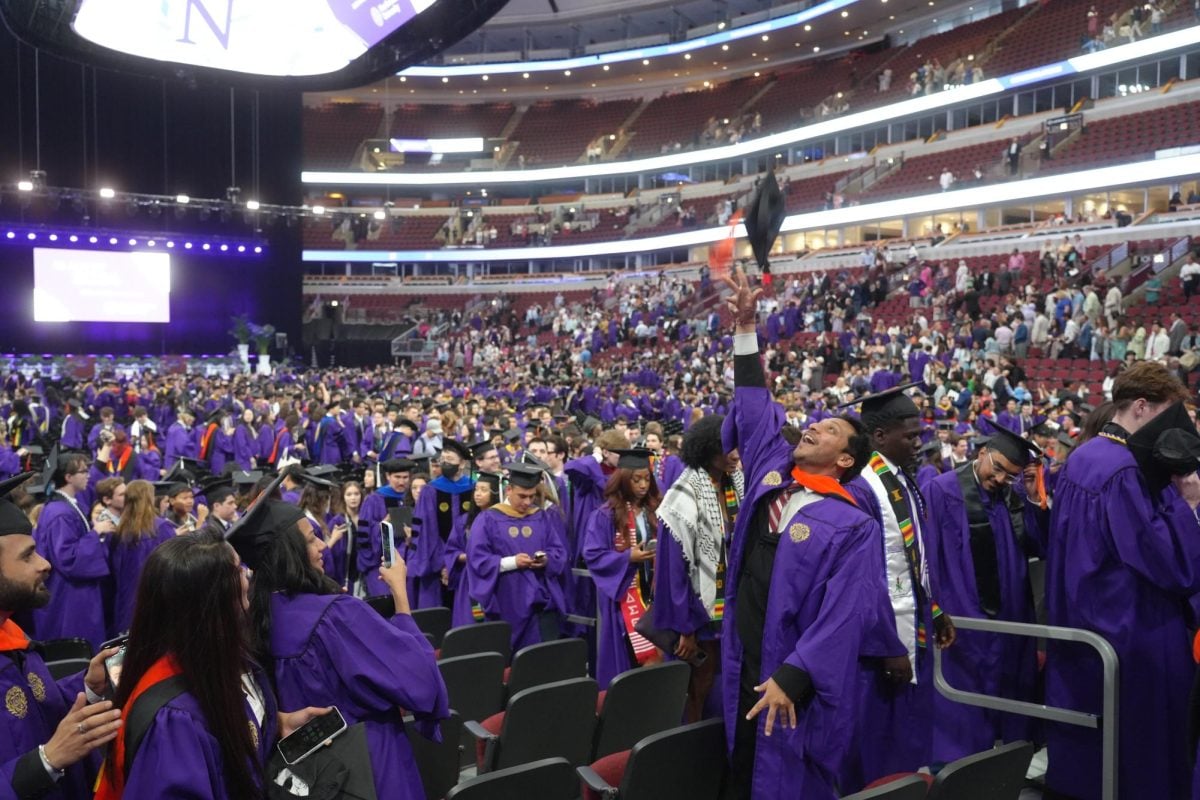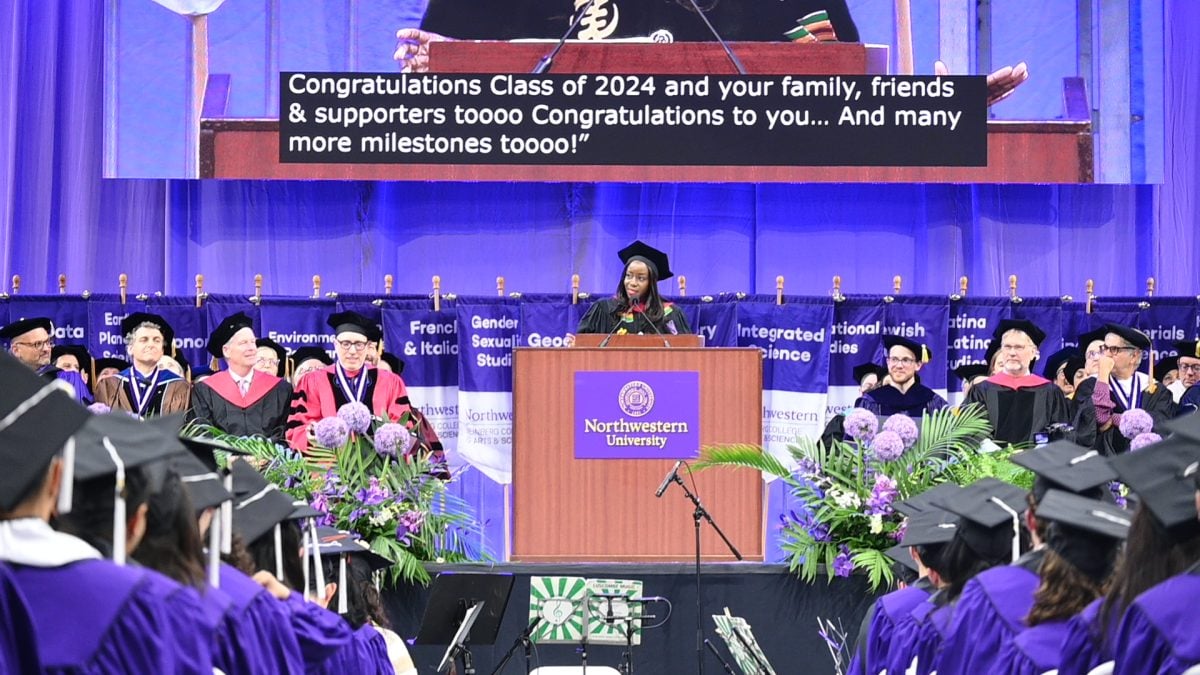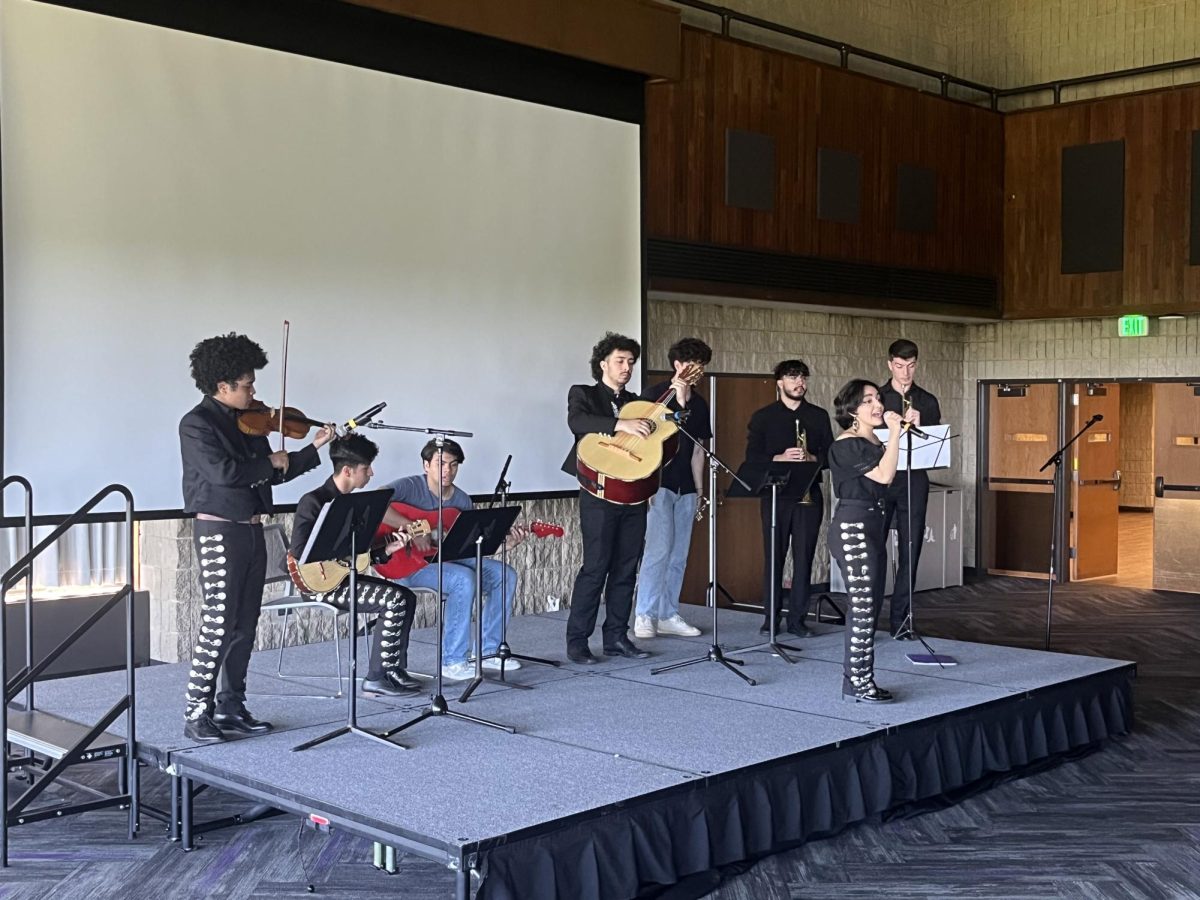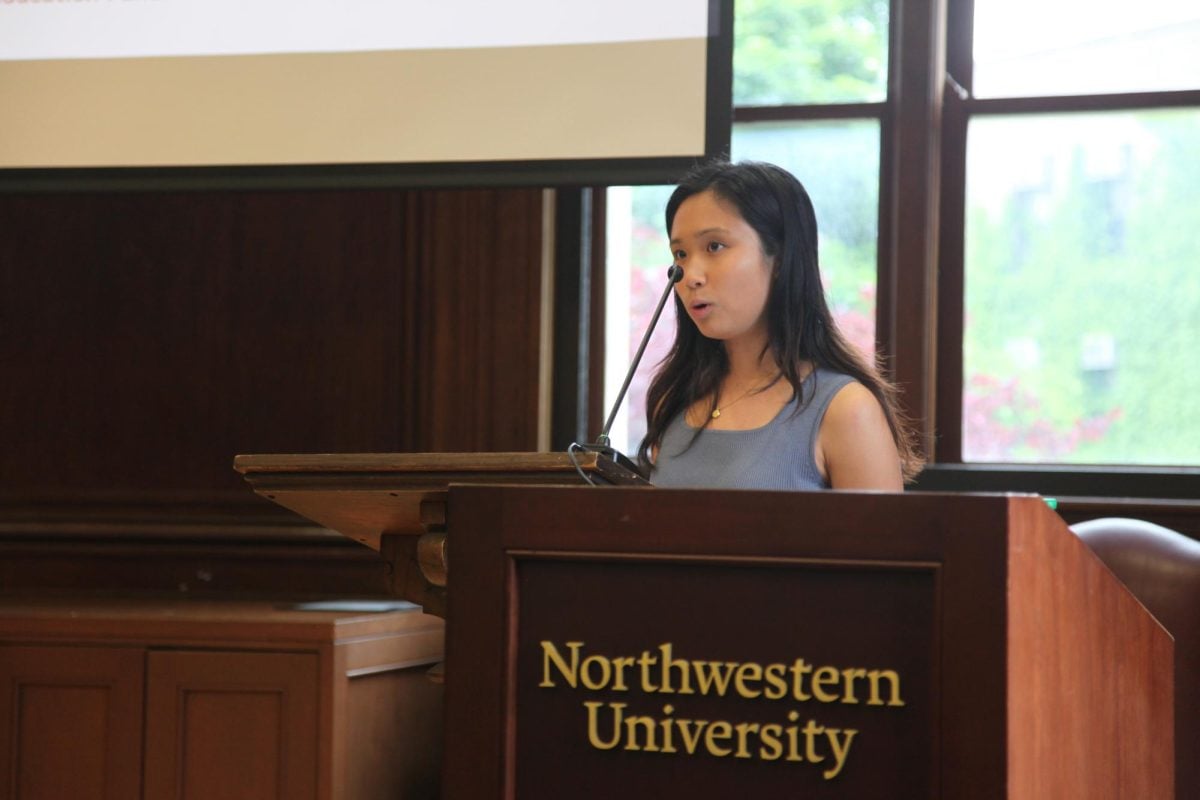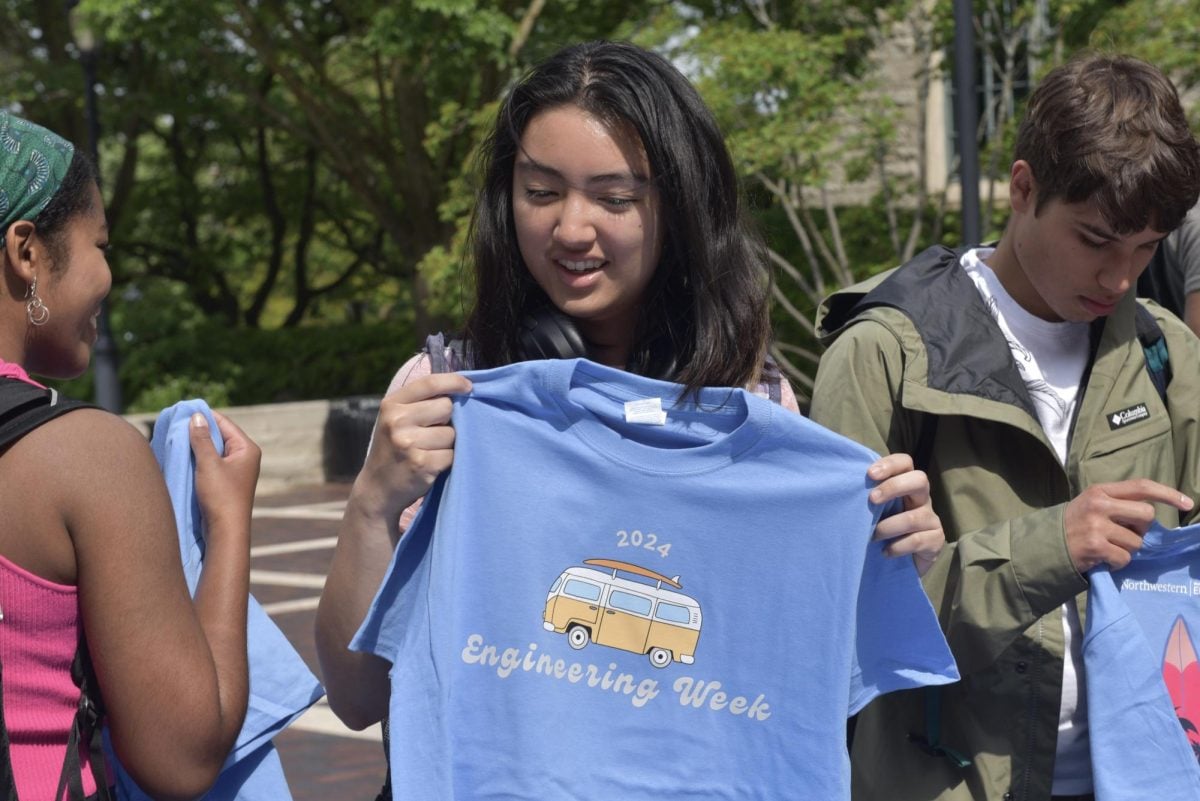Activist and writer Ericka Hart spoke about the struggle for Black liberation and the intersections between race, gender and student activism during For Members Only’s State of the Black Union address Thursday evening.
Hart made her entrance onstage in Lutkin Hall to cheers and applause from the crowd of students and community members. She invited audience members to engage in a moment of meditation and to connect through eye contact.
“If you get nothing from this conversation, you leave in the next few seconds, what I want you to understand is to stay connected to people in a way that you actually care about … in a real way,” she said.
Beginning the address, she showed the photos of Wadea Al-Fayoume, a 6-year-old Palestinian American boy who was murdered in Plainfield Township, Illinois, and Fred Hampton, an American civil rights leader who was killed by a tactical unit of the Cook County State’s Attorney’s Office.
Hart said the photos served as a reminder of enduring challenges within the legal system.
“The structures are still absolutely the same,” she said. “We are still living under a regime, an empire of white supremacist imperialist policing.”
Hart has taught sexuality education to people from elementary-age to adulthood across New York City for over 10 years, including at Columbia University’s School of Social Work and the CUNY School of Public Health at Hunter College. She is now an adjunct faculty member at Widener University’s Center for Human Sexuality.
A defining movement in Hart’s career came when, in an effort to expand Black and Brown LGBTQIA+ representations and raise breast cancer awareness, she publicly displayed her double mastectomy scars in 2016, she said. Hart’s work also centers on how sexual expression is intertwined with human health, race, gender, chronic illness and disability.
Hart also said queerness does not absolve people of their racism.
“We must continuously call out transphobia over and over and over again,” she said. “Oftentimes, conversations in the community are not including Black trans people or Black queer people.”
Hart extended her call for Black liberation to other marginalized groups around the world, including in Haiti, Puerto Rico and Palestine.
In closing, Hart invited attendees to write about what freedom and liberation looks like for them.
“Because I’m often in space talking about what liberation looks like, I don’t feel like I necessarily gain too much,” said SESP junior Damilola Olabanji. “I like that this event really challenged the things I already know, so I’m going to think about how I will implement this into my life.”
Hart will also participate in a roundtable at the Gender and Sexuality Resource Center on Friday at noon, focusing on sexual health and education.
FMO has previously invited political activist Angela Davis, actor and rapper Tyler James Williams and actress Dominique Jackson to deliver the State of the Black Union address.
Communication senior and FMO president Rahma Ndao said Thursday’s event helped foster necessary and educational dialogue for the NU community.
“The State of the Black Union is always supposed to be a prominent speaker that can increase dialogue within the larger community at Northwestern,” Ndao said. “I feel like a lot of the things that Ericka spoke about fit with the conversations we have and the current landscape and political climate.”
Email: [email protected]
X: @Jerrwu
Related Stories:
— Black History Month programming on campus centers Black wellness, community
— Community gathers for candlelight vigil to honor MLK’s legacy as Black History Month approaches
— Angela Davis engages community, student abolitionists in annual State of the Black Union











